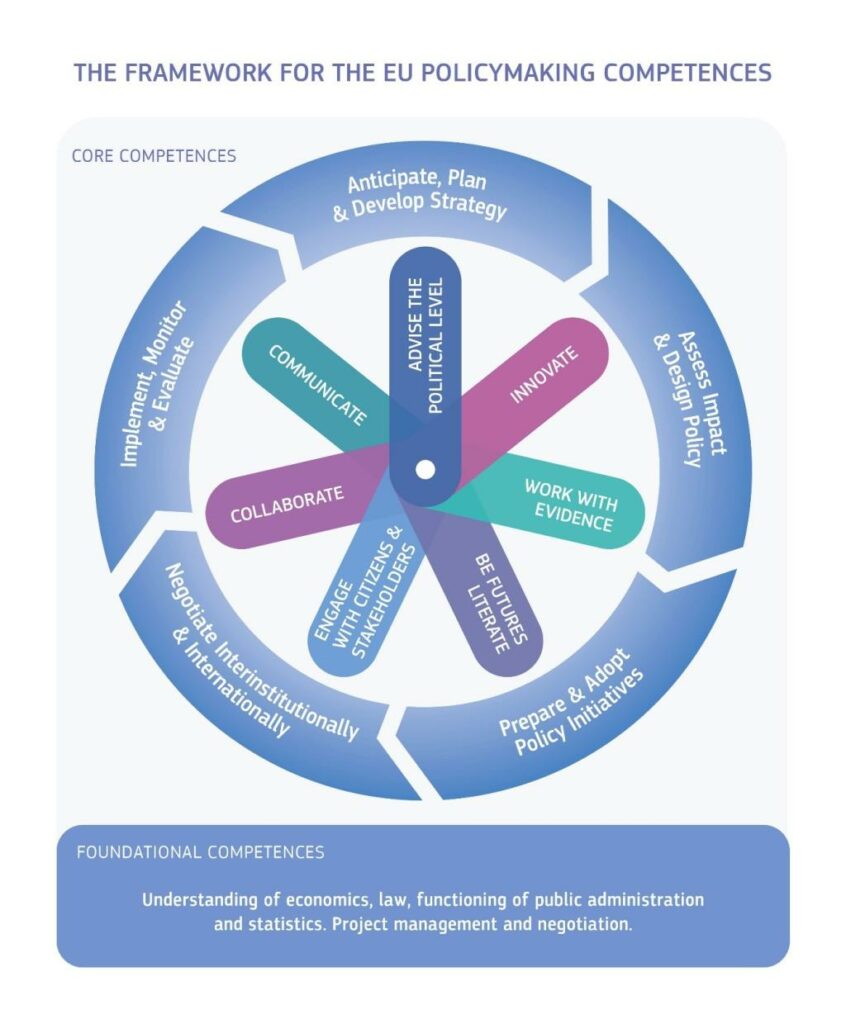MedECC is very pleased to contribute to the upcoming two-day training event on Science for Policy. The event is organised by the Union for the Mediterranean (UfM), in collaboration with the European Commission’s Joint Research Centre (JRC) and Spain’s National Office for Science Advice (ONAC).

A targeted training for Mediterranean scientists
This training will take place on 19–20 June 2025 in Madrid (Spain). It is specifically designed for scientists working in or on the Mediterranean region. The main objective is to support participants in strengthening their understanding of policy processes and enhancing their ability to contribute to evidence-informed policymaking.
The program builds on the JRC’s Competence Framework for Scientists. It combines both theoretical foundations and practical exercises. Topics include the science-policy interface, effective science communication, and strategies for engaging with policy actors. Moreover, the training will highlight Mediterranean-relevant examples and challenges, reinforcing the region’s role as a reference in science-policy collaboration.
This initiative reflects a growing momentum in the Mediterranean to connect scientific knowledge with policy development. It aims to ensure more informed, inclusive, and sustainable decision-making.
For more information, visit: https://ufmsecretariat.org/event/training-mediterranean-scientists/
Expert contributions from leading scientists
Among the featured contributors is Alicia Pérez-Porro, Head of Policy Engagement & Institutional Relations at CREAF, whose expertise will help provide key insights into the evolving role of scientists in shaping impactful policy decisions. Alicia is a also a Lead Author of the Chapter Governance, policies and research options for the WEFE nexus, part of the Special Report Interlinkings climate with Water-Energy-Food-Ecosystems (WEFE) in the Mediterranean.
Did you know? Competence frameworks and tools for researchers and policymakers
The European Commission Joint Research Centre (JRC) has developed usefull tools to support scientists and policymakers. For example, the Competence frameworks for policymakers and researchers introduces the different competence scientists can collectively build to increase their policy impact, and how it can be used by research institutions and organisations. They also developed the Smart4Policy self-reflection tool to help policymakers and researchers working in science-for-policy reflect on their level of competence in various fields.
Discover more on the Knowledge4Policy (K4P) Platform: Competence frameworks for policymakers and researchers | Knowledge for policy

